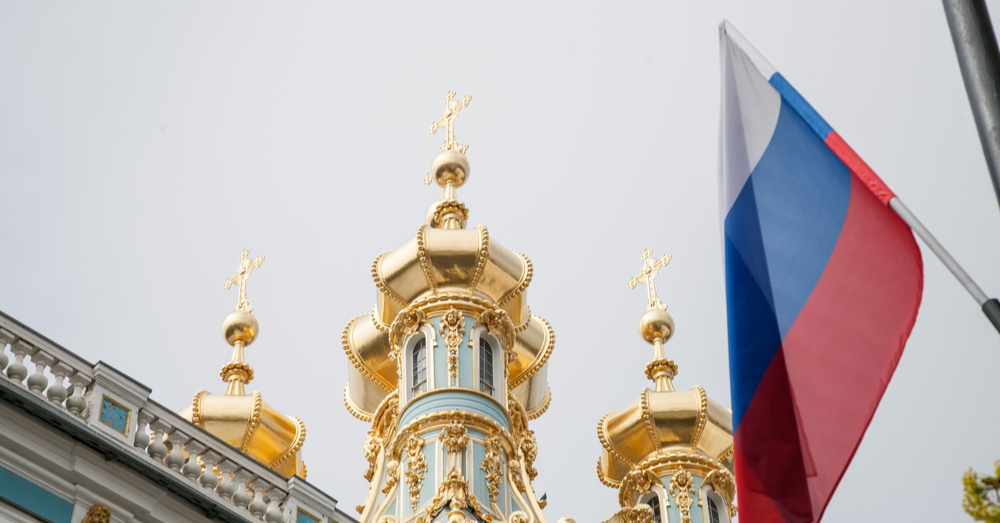
The BoR evaluates the possible consequences of a digital ruble in Russia's foreign policies
In an official statement to Moscow's Izvestia newspaper, the Bank of Russia press office said a digital ruble could help decrease the Russian economy's dependence on the US dollar.
This, in turn, could help temper the risk of sanctions that have been imposed on Russia by the US and the European Union in recent years. The latest round of EU sanctions against Russia was communicated this month to several high-ranking Russian public officials for the alleged attack on Russian opposition leader Alexei Navalny via an as yet unidentified chemical agent.
The digital ruble could also make electronic payments cheaper, relieve pressure on existing payment infrastructure and make cross-border payments more convenient, the BoR said.
The bank did not go into detail on how exactly a digital ruble would help counter sanctions. US sanctions may also include a ban on transactions with digital currencies, as was the case with the three Russian citizens accused of interfering in the US election campaign this fall.
The central bank said it will not allow any use of a CBDC not controlled by the relevant authorities and that the token must possibly be backed by real rubles.
What is Russia's position on cryptocurrencies?
On 13 October, the BoR released a report on a possible future launch of a digital ruble asking for public feedback by 31 December. A ruble-backed stablecoin, guaranteed and controlled by the government, could spur financial innovation and even help prevent corruption, the report said.
After the defined consultation period, the regulator will be able to run the digital ruble pilot project with a limited number of users. The final decision on whether to move forward with the digital currency would only be made later, the report indicated.
Last summer, Russia passed a law regulating the issuance of digital securities in the country, in which cryptocurrencies are also mentioned. However, a more detailed set of rules for cryptocurrencies has yet to be approved, and according to a recently published draft law, they could be quite prohibitive.
The Bank of Russia has consistently voiced an anti-crypto stance over the years, via its boss, Elvira Nabiullina, who said decentralized cryptocurrencies like bitcoin shouldn't be legal in the nation.
